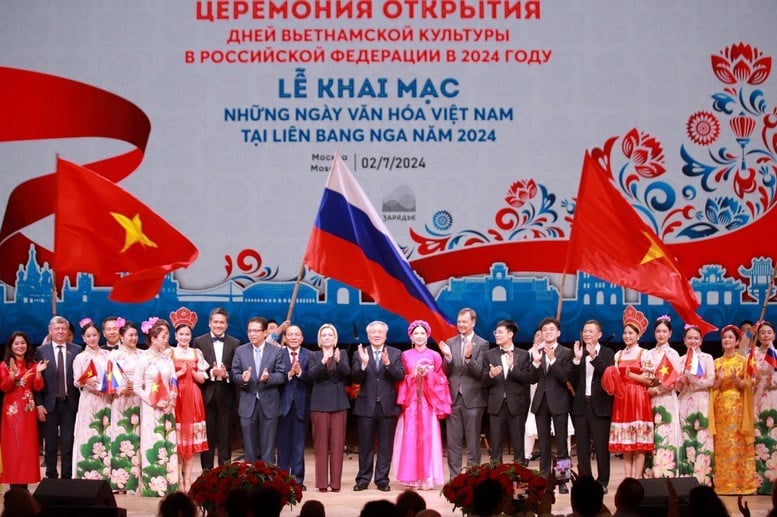
With its rich history and unique cultural treasures, Vietnam has full potential to become a country with cultural influence in the region and the world . What is lacking is a systematic, synchronous strategy, and the courage to think big to realize that aspiration.
Consider culture as a core soft resource
Therefore, the implementation of the Project on internationalizing national cultural identity and nationalizing the quintessence of world culture in this context is very timely and necessary. This will be the first document to introduce a two-way approach to cultural integration: Bringing Vietnamese culture to the world and selectively absorbing the quintessence of human culture to enrich national identity. Compared to the Cultural Diplomacy Strategy, the Foreign Cultural Strategy or Resolution 33-NQ/TW on developing Vietnamese culture and people, this Project will be a step to demonstrate a clear maturity in development thinking: Considering culture as a core soft resource, a specific service economy, and a pillar of national development in the new era.
The project will also have to inherit and develop the viewpoints in previous documents, but go further in concretizing them with many clear goals and breakthrough mechanisms: Building a cultural ecosystem, developing the cultural industry, the entertainment industry, creating a favorable creative environment for cultural workers to make a living, and strategically promoting the image of Vietnam to the world. These contents are consistent with international trends, and at the same time consistent with the country's development goals until 2030 and 2045.
Recent practice shows that Vietnam has achieved many remarkable achievements in the field of promoting national culture: From continuously being recognized by UNESCO as heritage sites, to organizing Vietnam Day events abroad, film festivals, cultural weeks, promoting cuisine, fashion , traditional arts...
Vietnam’s image is increasingly friendly, unique and attractive in the eyes of international friends. The Vietnamese community abroad has also become an important force contributing to spreading Vietnamese identity globally. Vietnamese restaurants, traditional Tet programs, TikTok clips with Vietnamese soul… have created a continuous cultural flow connecting Vietnam with the world.
However, we must also frankly admit that Vietnam's cultural soft power is still at a potential level, and has not yet created a strong impression like many neighboring countries including South Korea, Japan, China or Thailand...
Partly due to the lack of long-term strategy, lack of adequate investment, lack of creative incentive mechanisms and ineffective communication. Meanwhile, the wave of imported culture is increasingly strong, posing a great challenge to preserving and promoting national identity, especially among the youth.
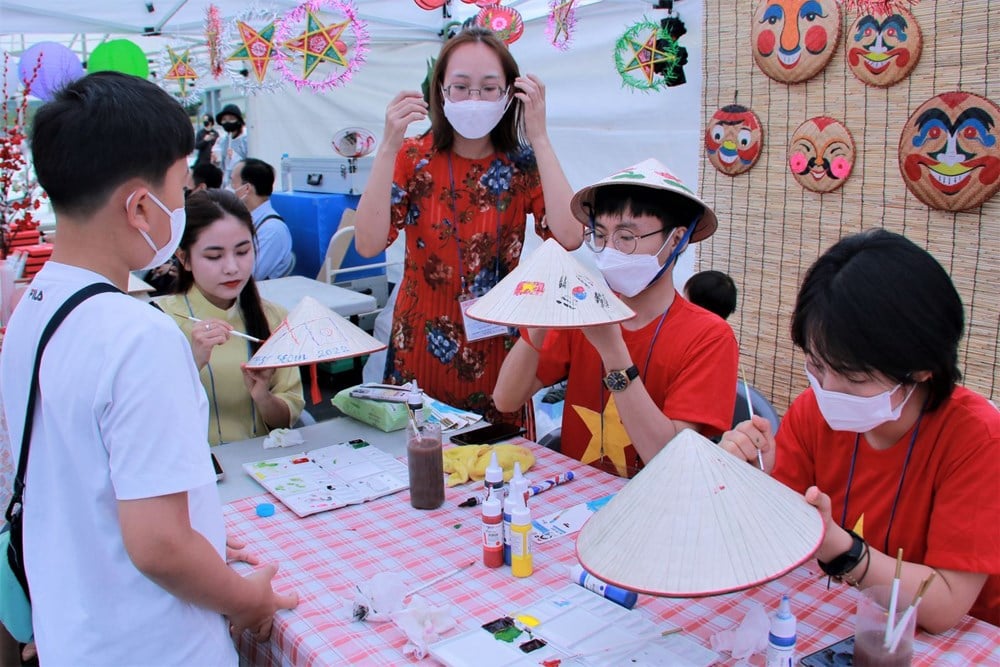
Need to ignite the desire to reach out to the world with one's own identity
From an international perspective, it can be seen that successful countries all put culture at the center of their national strategies. China has a network of Confucius Institutes covering the world to promote Chinese language, ideology and culture. South Korea has a Hallyu wave with systematic government investment in education, content production and global media. Japan, with its “Cool Japan” strategy, has brought anime, cuisine, fashion and traditional arts to the world with state financial support and effective public-private partnerships. Thailand has taken a more unique path, focusing on cuisine and Muay Thai, but has also been very successful in turning these cultural symbols into national brands.
From these models, the lesson for Vietnam is to have a long-term strategy, a flexible implementation apparatus, a strong financial mechanism and the active participation of the creative community, people, businesses, the press, overseas Vietnamese and the entire political system. We cannot rely solely on the state budget or spontaneous activities. Cultural promotion must become an urgent political, economic and social task like any other national task.
Therefore, in the future, along with the issuance of the new Project, we need to urgently develop specific implementation activities for each group of fields: Developing cultural industries, enhancing cultural communication on digital platforms, supporting young creativity, bringing Vietnamese culture into schools, international cultural cooperation, digitizing and exploiting heritage, enhancing people-to-people exchanges, enhancing the role of overseas Vietnamese...
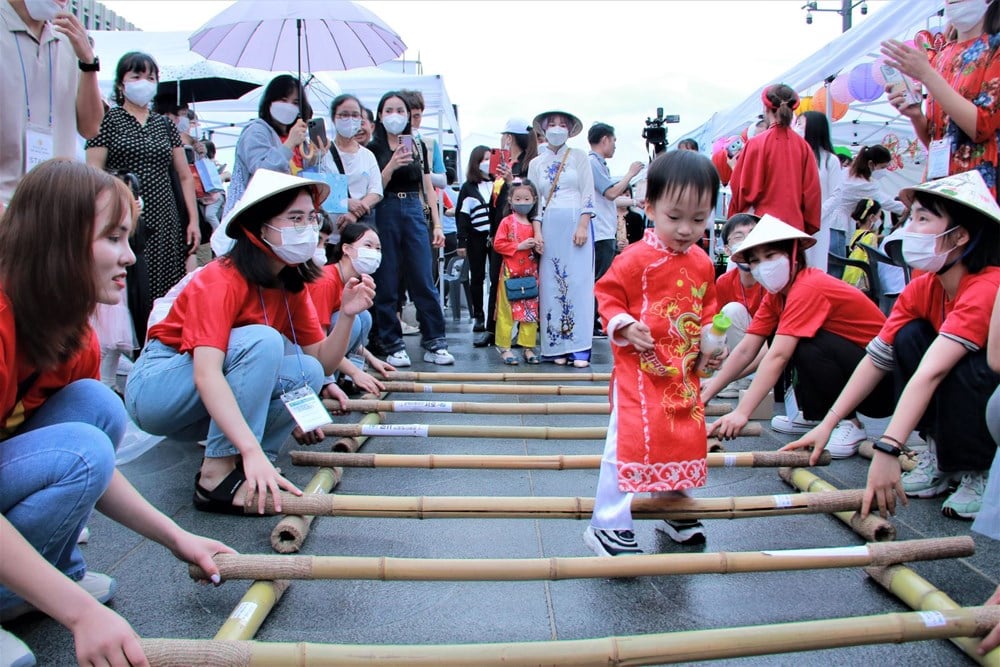
Each group of solutions needs to have a leading agency, a clear roadmap, a strong budget, and an effective coordination mechanism between the central and local levels, between the state and the private sector, and between sectors. We need to realize that soft power does not come naturally. It is the result of a process of identity building, investment in innovation, and effective communication.
Every cultural product, from a dish, a movie, a play, to a song, a costume, if made well, can become a Vietnamese cultural ambassador. Every citizen, from artists to teachers, tour guides, young people creating digital content, to overseas Vietnamese everywhere, can become a cultural ambassador.
More than ever, we need to ignite the aspiration to reach out to the world with our own identity. That aspiration can only come true if it is guided by a strategic vision, appropriate institutions and decisive action. Positioning Vietnam through cultural strength is not a slogan, but a long-term, profound and unique development path. A path that, if persistently pursued to the end, will help Vietnam not only become richer, but also become more loved, respected and admired on the world map.
The lesson for Vietnam is to have a long-term strategy, a flexible implementation apparatus, a strong financial mechanism, and the active participation of the creative community, people, businesses, the press, overseas Vietnamese, and the entire political system.
We cannot rely solely on the state budget or on spontaneous activities. The promotion of culture must become an urgent political, economic and social task like any other national task.
Source: https://baovanhoa.vn/van-hoa/dinh-vi-viet-nam-bang-suc-manh-van-hoa-149907.html


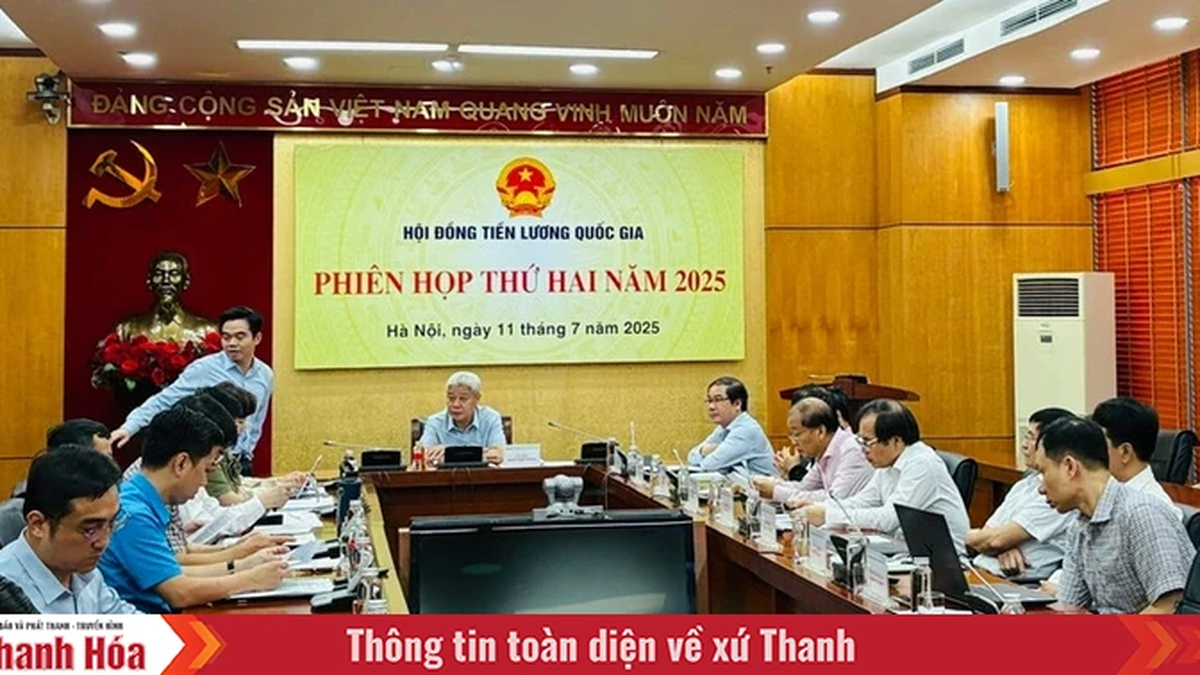
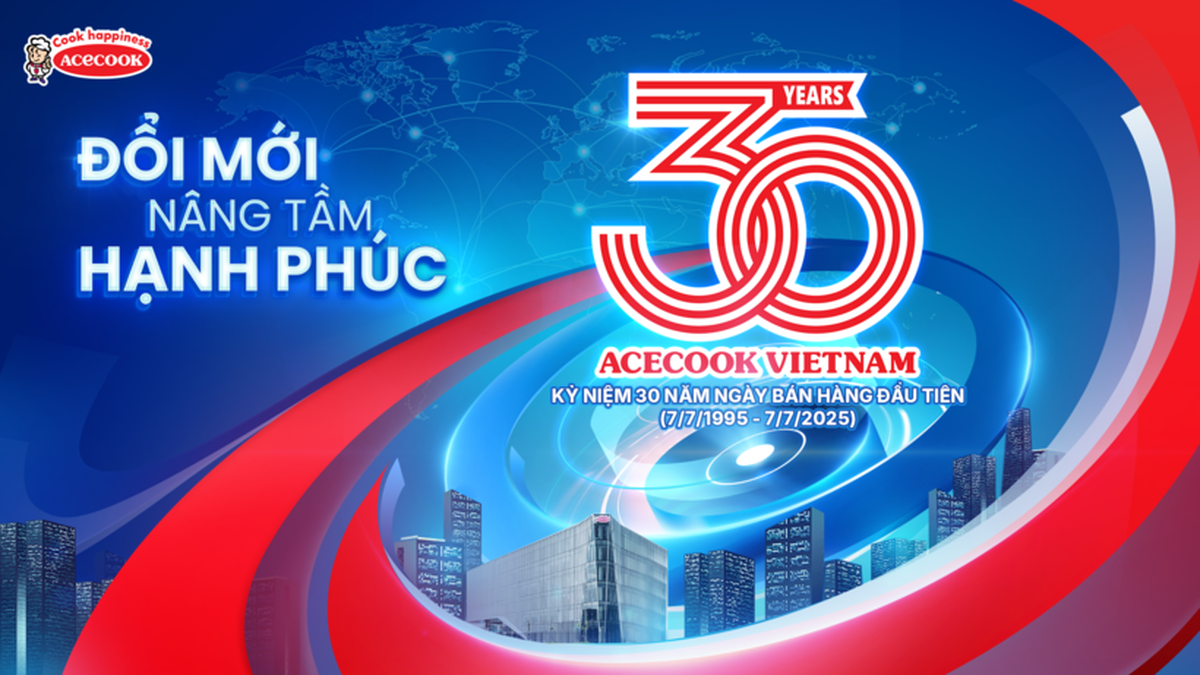
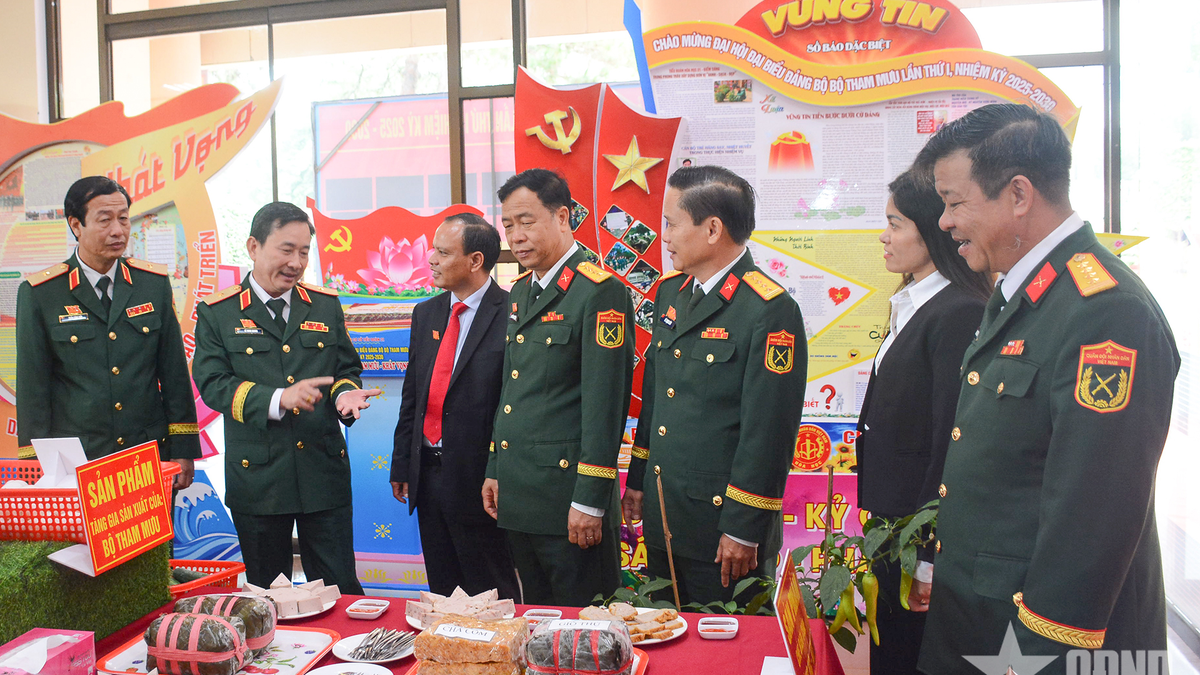

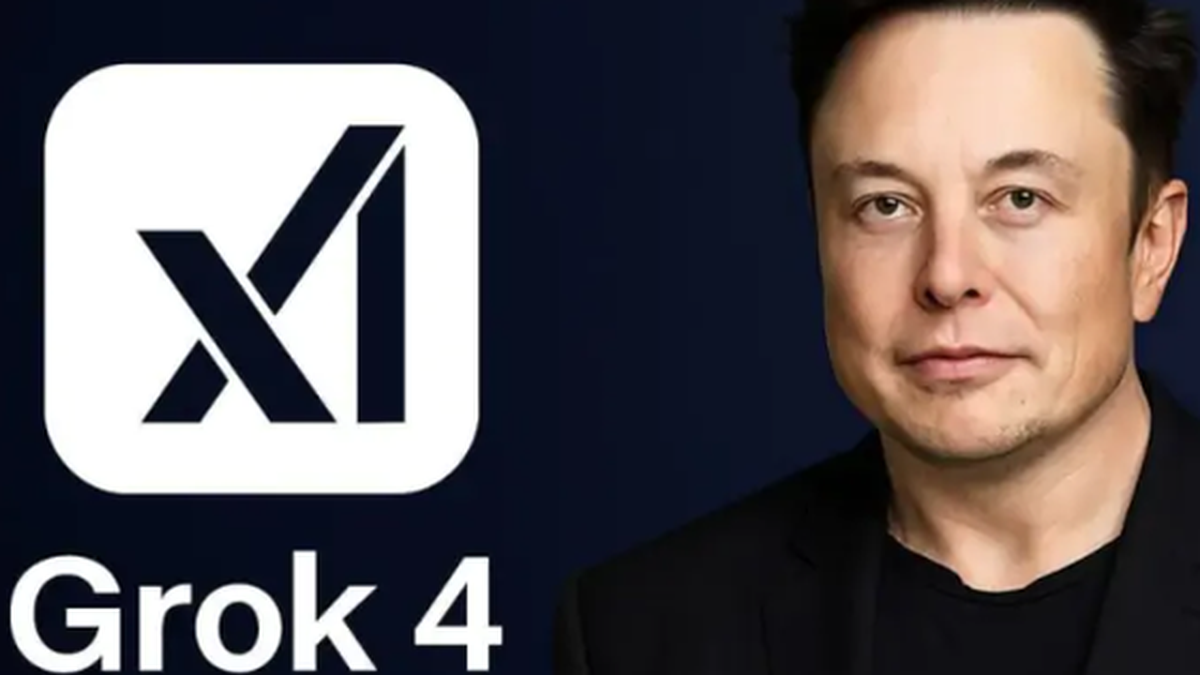
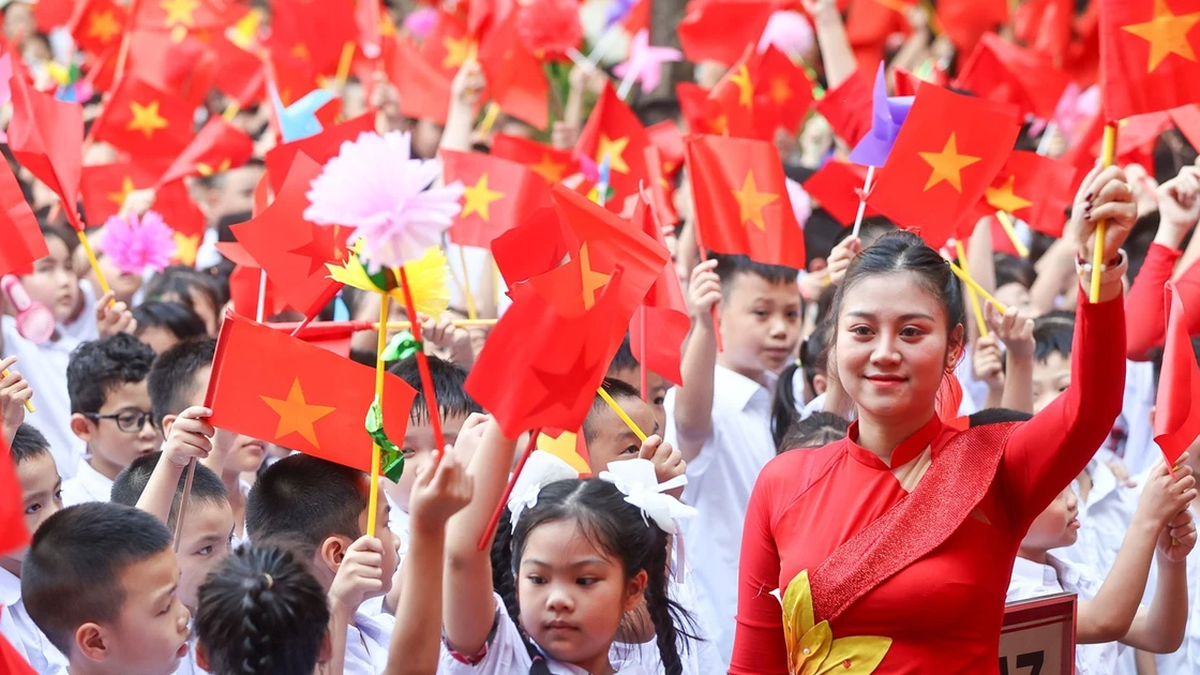
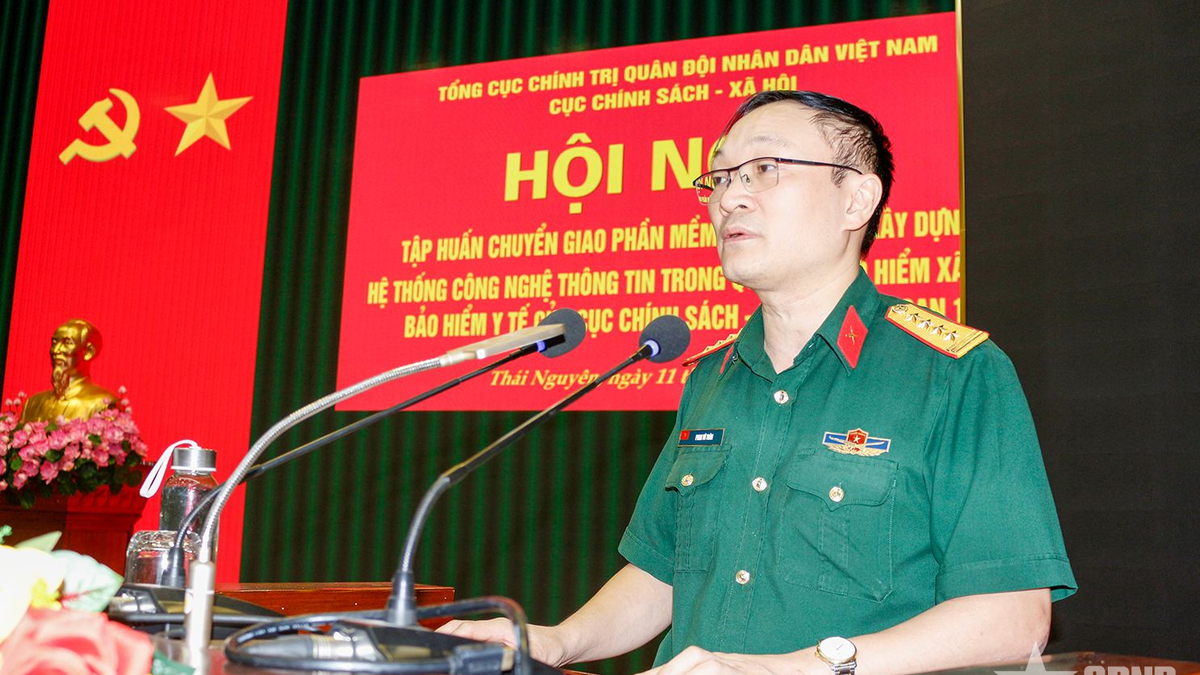
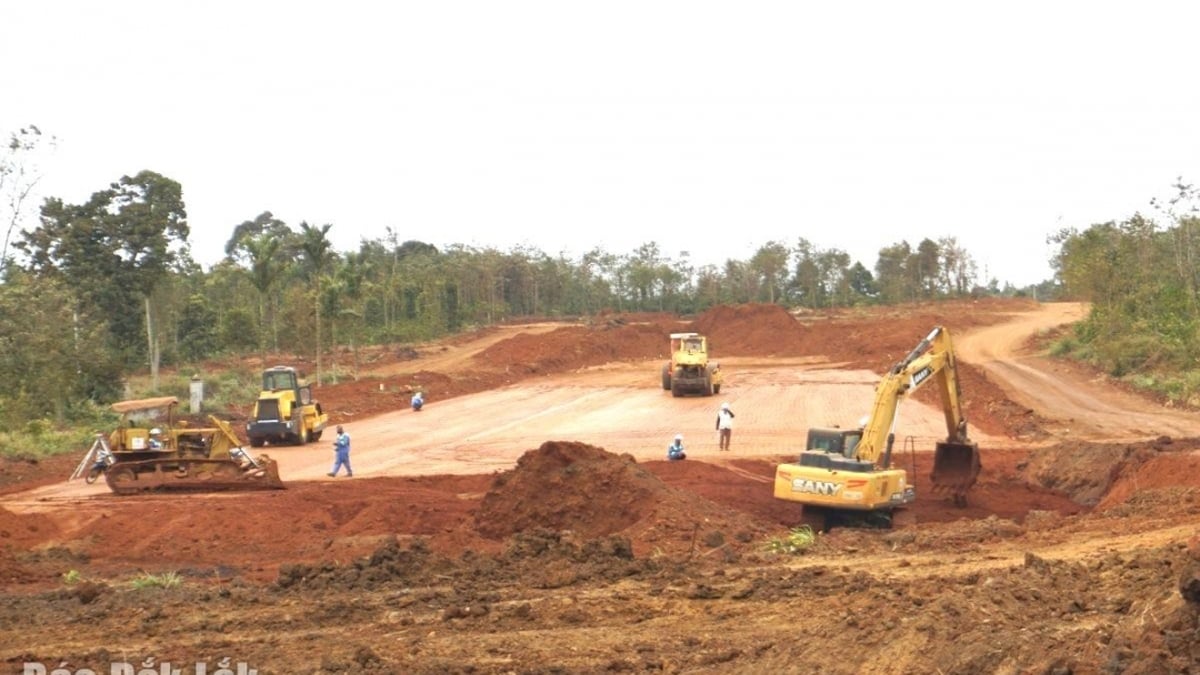
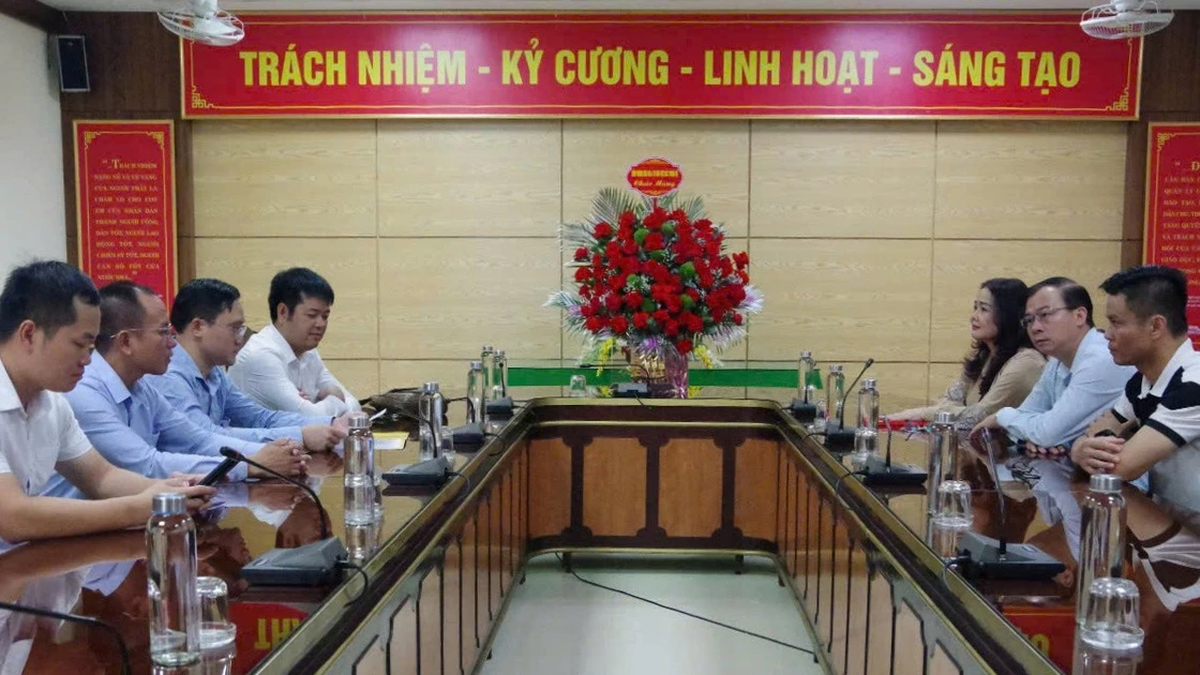
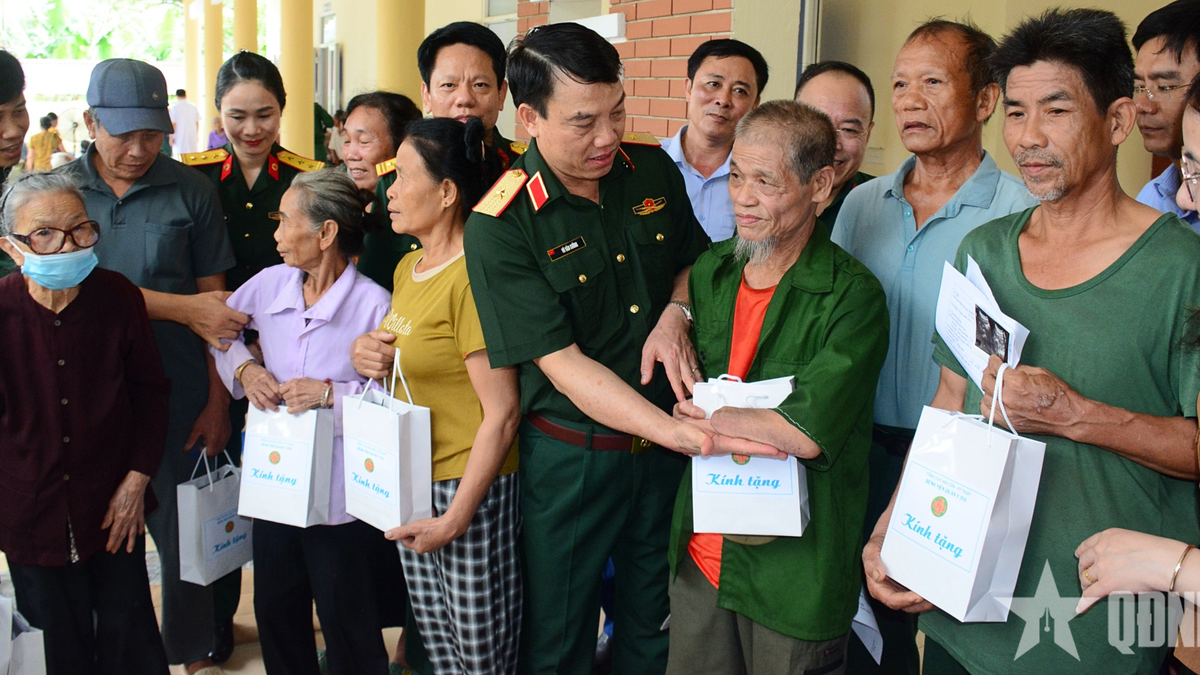











![[Photo] Gia Lai provincial leaders offer flowers at Uncle Ho's Monument with the ethnic groups of the Central Highlands](https://vphoto.vietnam.vn/thumb/1200x675/vietnam/resource/IMAGE/2025/7/9/196438801da24b3cb6158d0501984818)








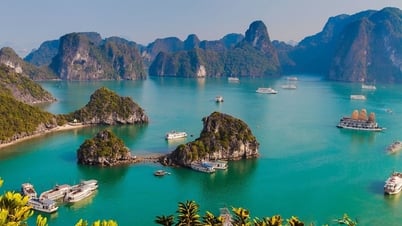

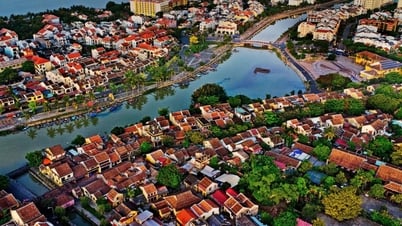



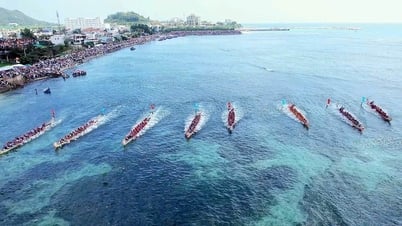
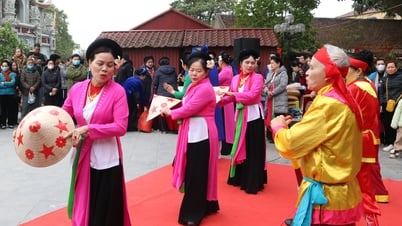

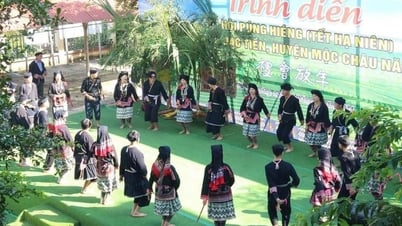

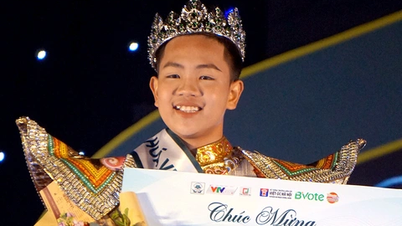


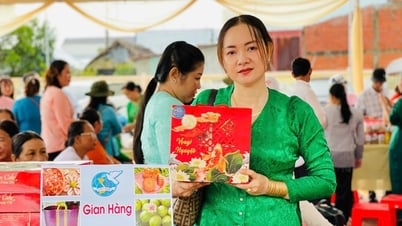



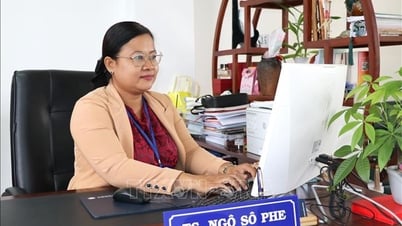





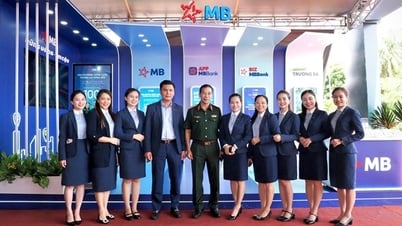

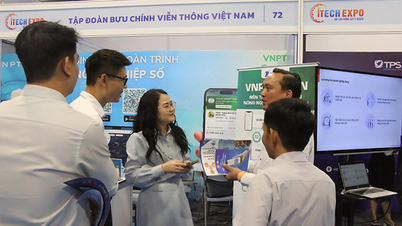
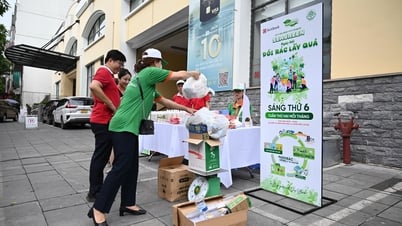

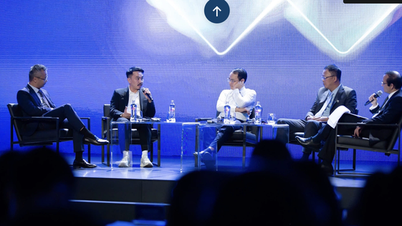








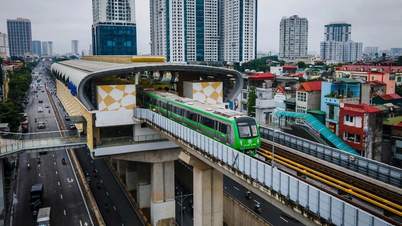

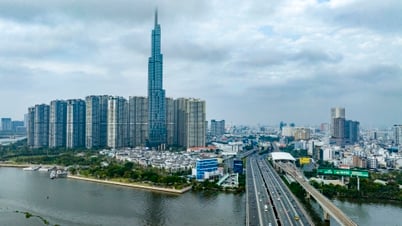
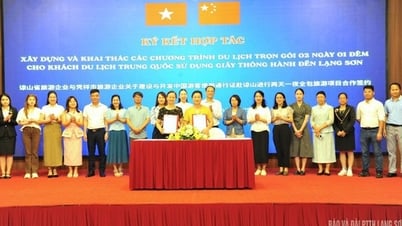

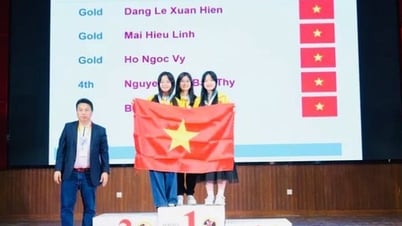

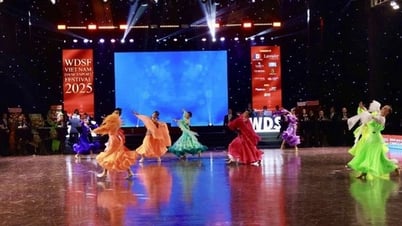
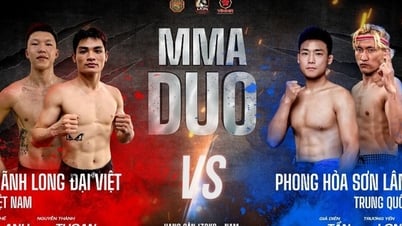
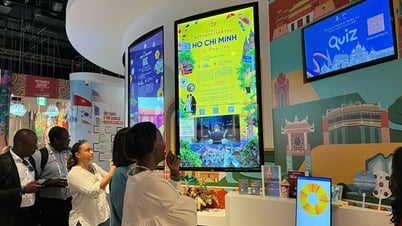








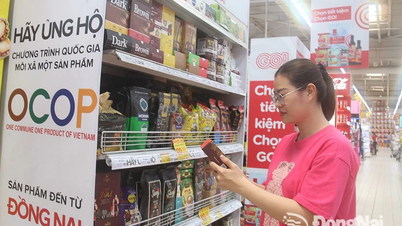

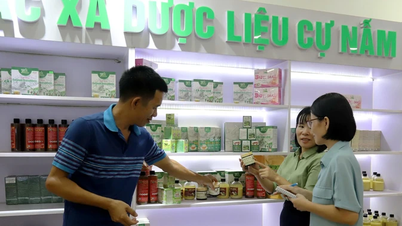
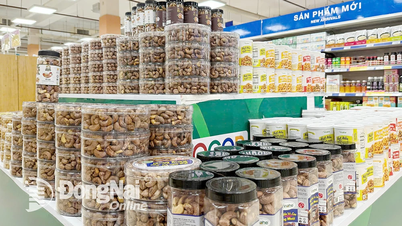
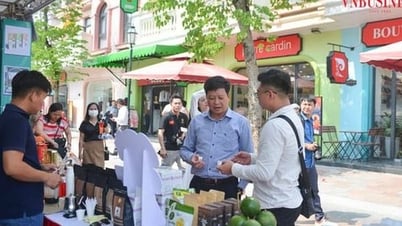





Comment (0)